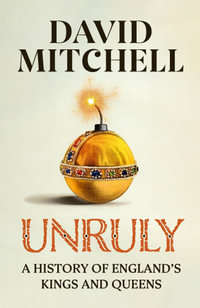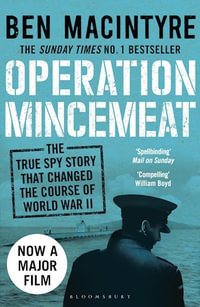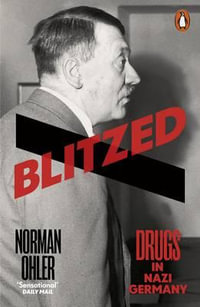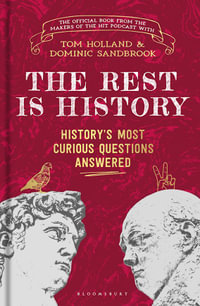"Vyleta raises an interesting question in what is a most thoroughly researched and wittily written book, and part of what he says about the conscious, instrumental use, or otherwise, of antisemitic discourse is very well taken." ? Patterns of Prejudice
"... an important contribution that balances previous interpretations of "modern" ritual murder accusations. The sensational cases that arose in places such as Tisza-Eszla?r, Xanten, Konitz, and Polna were not simply a product of local tensions or age-old myths, they were also episodes largely driven by a modern (or modernizing) mass media." ? European History
"This gripping book delves into juicy details of crime reporting in fin-de-siecle Vienna with the aim of challenging common assumptions about late nineteenth-century anti-Semitism. It is an original and thought-provoking contribution to Viennese and Jewish history as well as to the history of criminology and popular journalism...By challenging well-worn assumptions about anti-Semitism, this engaging book invites historians to rethink the origins of Nazism; and by uncovering scholarly and popular anxieties about the manipulation of truth, it provides a great deal of food for thought for intellectual historians." ? European History Quarterly
"Vyleta's book is compelling, well-researched and clearly argued, and it makes a valuable addition to the historiography of Austria, Jewish culture, media and crime." ? Cultural and Social History
"...a welcome reminder to be careful in drawing conclusions about the degree and extent of anti-Semitism within Vienna with the hindsight knowledge of the history of the Third Reich and the Shoah." ? Historical Journal
"The book, which relies on hundreds of case studies reported on in newspapers and journals, is extremely well researched...This innovative, interesting book offers new insight into the popularity and character of antisemitism and criminology in turn-of-the-century Vienna. It provides a nuanced explanation of the intersections of the popular knowledge of crime with criminology and of the ways in which crime and trial reporting were used for antisemitic purposes." ? H-German
"...an extremely interesting...[and] important book about antisemitism in Vienna. Daniel Vyleta is to be commended for a job well done." ? Journal of Contemporary History
"Vyleta's book presents a successful and enriching contribution to the history of fin-de-siecle Vienna. Through the innovative use of criminology and criminal justice he reveals new facets of a seemingly exhaustively treated topic." ? Sehepunkte
"...engaging and well-written.." ? Journal of Modern History
"Richly illustrated and despite theoretical excurses into criminology well and fluently written, Vyleta's book is excellently suited to underline the thesis that the analysis of political and journalistic strategies and their context very often still offers a more convincing explanatory model than abstractions of ideological or cultural 'images'." ? Historische Zeitschrift
"...an intellectually stimulating book." ? Shofar
"Vyleta's cautiously revisionist study is a welcome addition to the literature on turn-of-the century Vienna, and should prompt further investigation." ? Journal of Jewish Studies

























